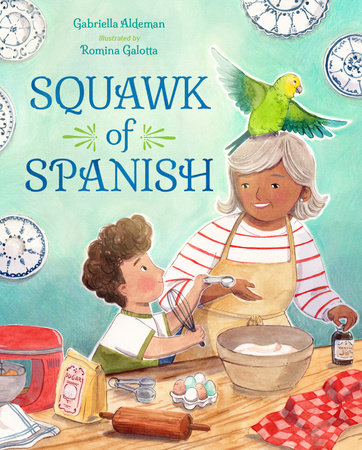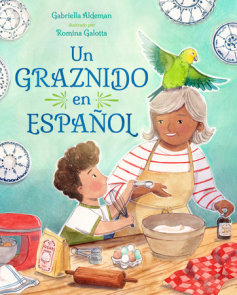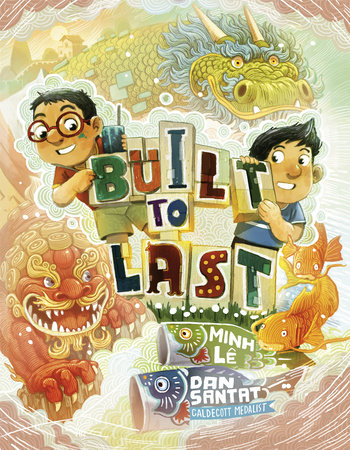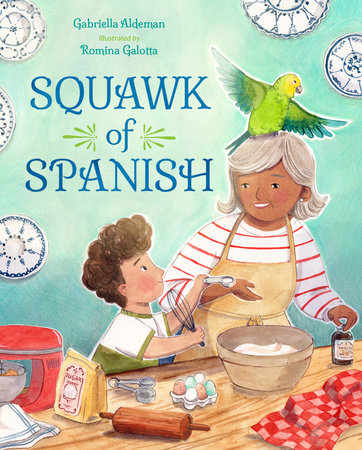

Add to Bookshelf
Squawk of Spanish
By Gabriella Aldeman
Illustrated by Romina Galotta
By Gabriella Aldeman
Illustrated by Romina Galotta
By Gabriella Aldeman
Illustrated by Romina Galotta
By Gabriella Aldeman
Illustrated by Romina Galotta
Best Seller
Category: Children's Picture Books
Category: Children's Books

Hardcover
$17.99
Aug 13, 2024 | ISBN 9781623543921
-
$17.99
Aug 13, 2024 | ISBN 9781623543921 | 5-7 years
-
Aug 13, 2024 | ISBN 9781632893642 | 5-7 years
YOU MAY ALSO LIKE

On Friday Afternoon
Hardcover
$17.99

Putting Balloons on a Wall Is Not a Book
Hardcover
$12.99

Archie Celebrates an Indian Wedding
Hardcover
$17.99

I Heard
Hardcover
$17.99
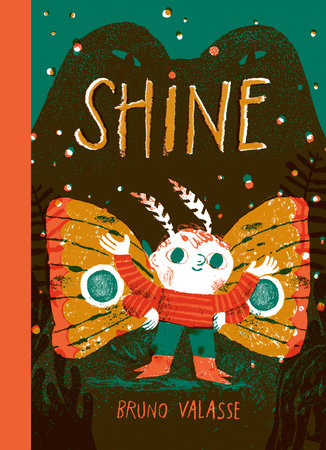
Shine
Hardcover
$17.99
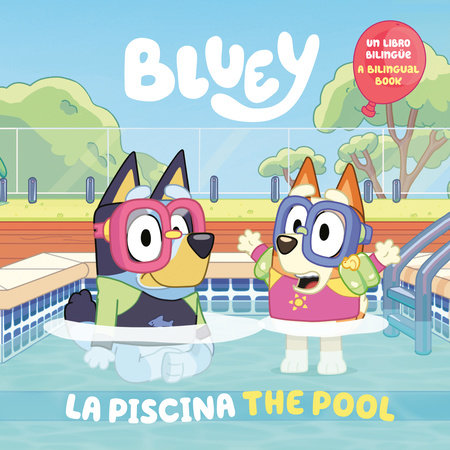
Bluey: La piscina
Trade Paperback
$5.99
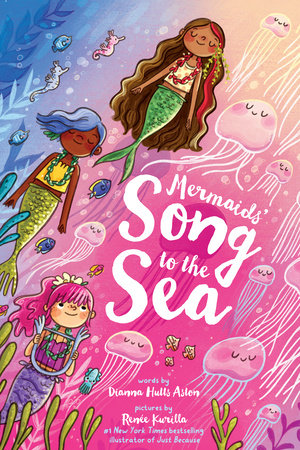
Mermaids’ Song to the Sea
Hardcover
$18.99

I Would Love You Still
Hardcover
$18.99
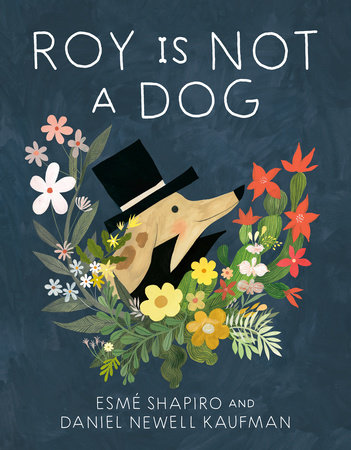
Roy Is Not a Dog
Hardcover
$18.99
×
Become a Member
Just for joining you’ll get personalized recommendations on your dashboard daily and features only for members.
Find Out More Join Now Sign In








